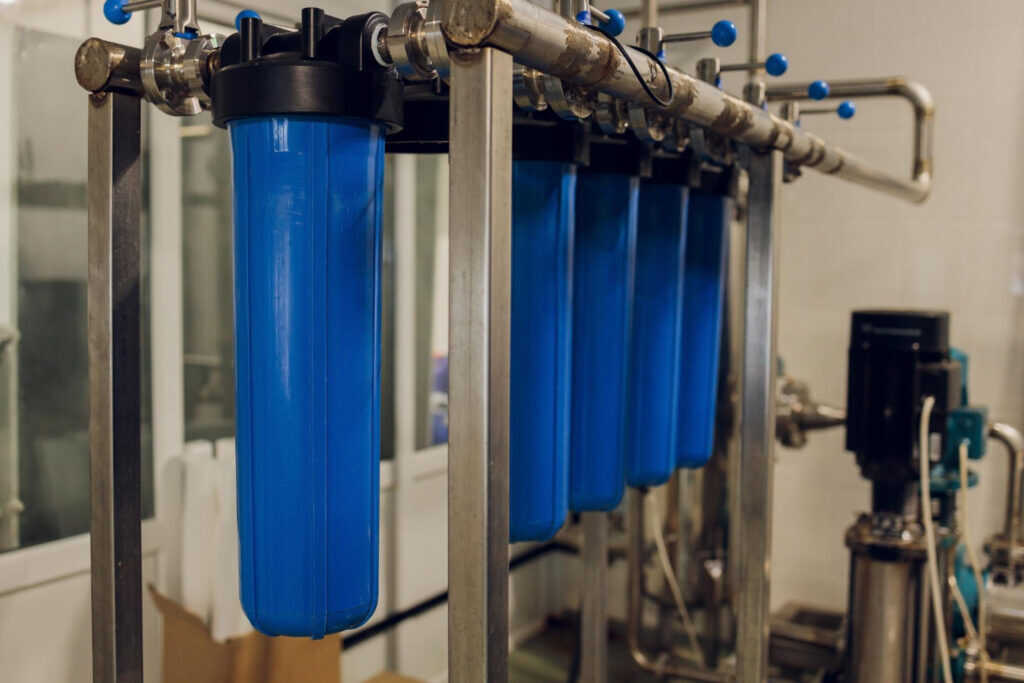Discover how weather patterns can dramatically impact the growth and management of pool routes. Understand their influence on business strategies and revenue.
How Weather Patterns Can Influence Route Growth
Weather patterns are more than just daily forecasts; they play a crucial role in various industries, including the pool maintenance sector. Understanding how weather influences route growth can empower business owners and entrepreneurs to make informed decisions, optimize operations, and anticipate challenges. This blog post delves into the various ways weather patterns affect pool routes, providing insights into seasonal trends, consumer behavior, and effective strategies for maximizing growth amidst changing weather conditions.
In this article, we’ll explore the correlation between weather patterns and pool route growth, including the impact on service demand, maintenance schedules, and customer engagement. We will also offer practical tips on how to adapt your business strategies to leverage weather changes for optimal performance.
Let’s begin by examining how seasonal weather variations affect pool service demand.
Seasonal Demand Fluctuations
One of the most significant ways weather patterns influence pool routes is through seasonal demand fluctuations. In warmer climates like Florida and Texas, the demand for pool maintenance services typically peaks during the summer months when pool usage is at its highest. Conversely, winter months can see a decline in service requests as temperatures drop and pool use decreases.
For instance, a study conducted by the Pool & Spa Association indicated that pool maintenance services experience a 50% increase in demand during peak summer months. Business owners need to prepare for this surge by ensuring adequate staffing and resources are available to meet customer needs. This preparation could include hiring seasonal workers or offering promotions to attract new clients during off-peak months.
Additionally, understanding regional weather patterns can help pool service providers develop targeted marketing strategies. For example, in areas where summer storms are common, businesses can offer pre-storm clean-up services to address pool maintenance needs before heavy rains disrupt the landscape. Such proactive measures not only enhance customer satisfaction but also differentiate businesses in a competitive market.
Impact of Extreme Weather Events
Extreme weather events, such as hurricanes, floods, or prolonged droughts, can significantly impact pool routes and their growth potential. In regions prone to such events, having a contingency plan is essential for maintaining operations and ensuring customer safety. For instance, many pool service companies in Florida prepare for hurricane season by securing equipment and developing emergency response plans.
Moreover, extreme weather events can lead to temporary spikes in demand for services. After a hurricane, for example, many homeowners need immediate pool clean-ups and repairs, leading to a surge in service requests. Business owners should be ready to adapt their operations to capitalize on these opportunities without compromising service quality.
Additionally, understanding local building codes and regulations is critical for navigating the aftermath of extreme weather events. Pool service businesses may need to update their practices to comply with new safety standards or environmental regulations, further influencing operational growth.
Consumer Behavior and Weather Influence
Weather patterns also influence consumer behavior significantly. When temperatures rise, more people tend to engage in outdoor activities, increasing the likelihood of pool use. Consequently, homeowners may become more inclined to invest in maintenance services to ensure their pools are clean and safe for enjoyment.
Conversely, during colder months or adverse weather conditions, consumers may prioritize other spending over pool maintenance. This shift in focus can lead to decreased service requests, prompting business owners to rethink their service offerings. For instance, some companies might consider expanding their services to include winterization or pool cover installation, catering to seasonal needs.
Effective communication is also essential during these transitions. Business owners who keep customers informed about the importance of regular maintenance, even in off-peak seasons, can build stronger client relationships and encourage loyalty, ultimately supporting long-term growth.
Marketing Strategies in Response to Weather Changes
To thrive in a weather-dependent industry, pool service businesses must adapt their marketing strategies to reflect seasonal changes. Digital marketing can be particularly effective in reaching customers during peak seasons. For example, using targeted social media ads to promote summer pool parties or maintenance specials can drive engagement and attract new clients.
Additionally, businesses can utilize email marketing campaigns to remind clients of the importance of upkeep, especially before major holidays or events. Seasonal promotions, such as discounts on pool cleaning or maintenance packages, can incentivize customers to book services during off-peak months, helping to stabilize revenue streams.
Incorporating local weather forecasts into marketing content can also enhance relevancy. By presenting timely tips for pool care based on current weather conditions, business owners can position themselves as experts, which can boost customer trust and drive service requests.
Leveraging Technology for Weather Monitoring
Embracing technology can greatly enhance how pool services respond to weather patterns. Implementing weather monitoring systems allows businesses to stay informed about upcoming weather changes, enabling them to proactively manage service schedules and customer communications.
For instance, using automated alerts for rain forecasts can help pool service providers reschedule appointments efficiently, ensuring that customers receive timely services without disruptions. Furthermore, integrating customer relationship management (CRM) software can assist in tracking service patterns and customer preferences, facilitating targeted marketing efforts based on seasonal data.
Ultimately, employing technology not only streamlines operations but also enhances customer experience, positioning businesses to thrive in a fluctuating environment.
Future Considerations and Climate Change Effects
As climate change continues to reshape weather patterns globally, pool service businesses will need to adapt to new challenges and opportunities. Increased temperatures can prolong swimming seasons, leading to higher demand for maintenance services, while more frequent extreme weather events may require enhanced emergency response strategies.
Moreover, businesses that emphasize sustainability may find unique growth opportunities. Clients are increasingly interested in eco-friendly pool solutions, such as energy-efficient pumps and environmentally safe cleaning products. Offering these options not only appeals to a growing market segment but also aligns with broader environmental goals.
Incorporating sustainable practices and marketing them effectively can enhance a business’s reputation, drive customer loyalty, and ultimately contribute to long-term success in the industry.
Building Resilience Amidst Change
Resilience is key in an industry affected by weather patterns. Pool service businesses that develop flexible operational strategies and remain informed about weather trends will be better positioned to navigate challenges. Establishing a diversified service portfolio can help mitigate risks associated with seasonal fluctuations, allowing businesses to thrive year-round.
Furthermore, investing in employee training to effectively manage operations during extreme weather events can empower staff to maintain service quality while ensuring customer safety. This proactive approach can foster a culture of resilience that benefits both employees and clients.
Ultimately, understanding and adapting to weather patterns is crucial for pool service businesses aiming for sustainable growth. By leveraging technology, enhancing marketing strategies, and embracing sustainability, companies can position themselves for success in an ever-changing environment.
Conclusion
Weather patterns significantly influence route growth in the pool service industry. By understanding seasonal demand fluctuations, preparing for extreme weather events, and adapting marketing strategies, businesses can optimize their operations and capitalize on opportunities. As climate change continues to impact weather patterns, pool service providers must remain agile and resilient to ensure long-term growth and stability.
The key takeaway is to proactively adapt your business strategies in response to weather patterns. This adaptability not only ensures customer satisfaction but also positions your business as a leader in the competitive pool maintenance industry. For those looking to buy pool routes for sale, consider how these factors may play a role in your investment strategy and consult with experts like Tower Business Brokers to maximize your potential for success.
Ready to explore your options in the pool maintenance industry? Reach out to us at Tower Business Brokers to learn more about available pool routes for sale and how we can assist you in achieving your business goals.



